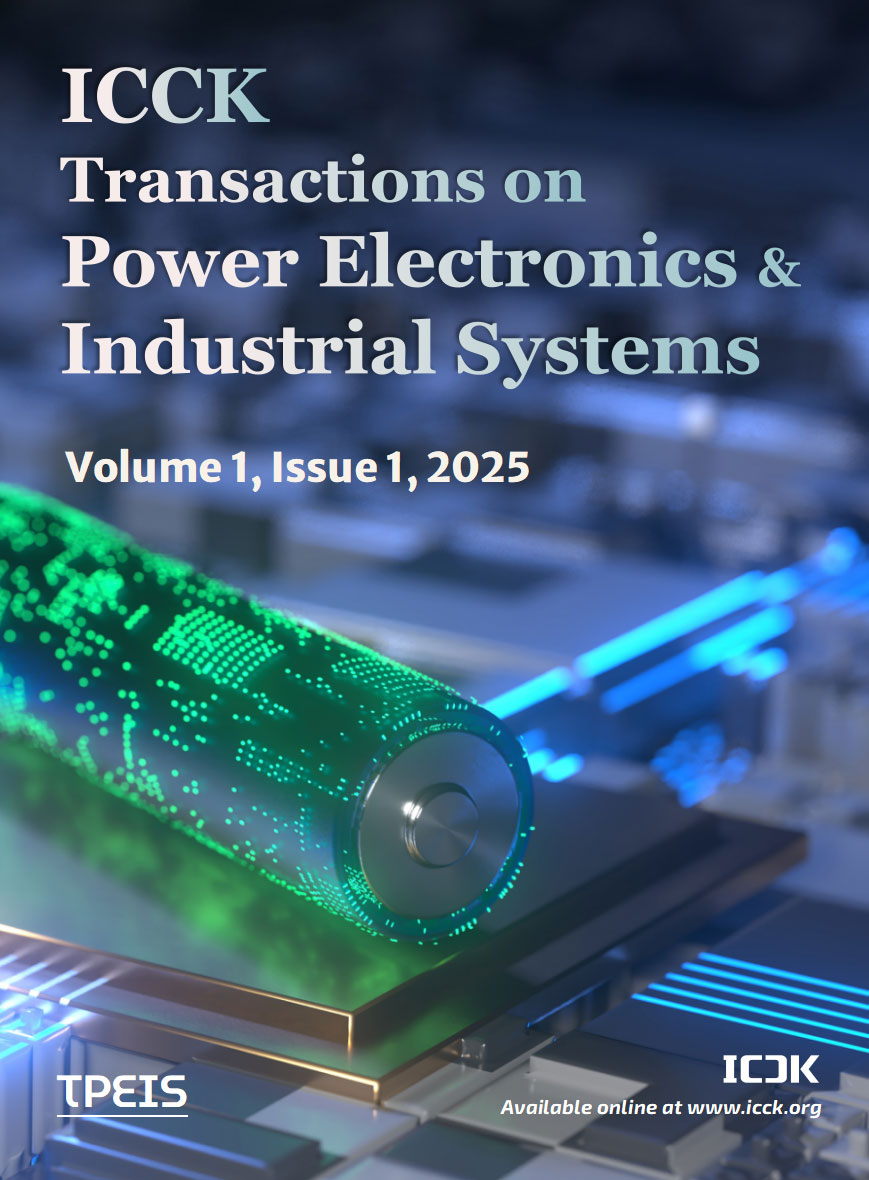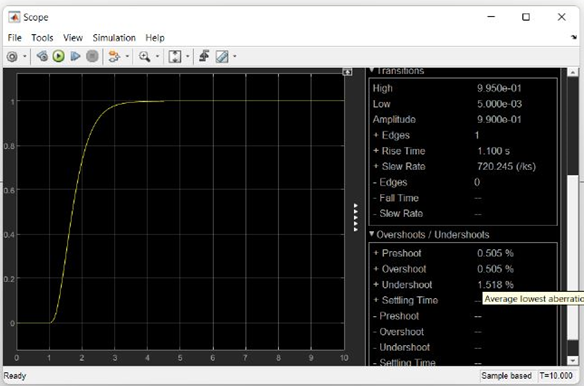Abstract
Optimization is a critical approach in decision-making processes aimed at enhancing both safety and operational efficiency in industrial systems. This research focuses on the implementation of the Linear Quadratic Regulator (LQR) and Linear Quadratic Tracking (LQT) control strategies to optimize the FL57BL02 DC motor control system, widely used in industrial automation, particularly in high-risk applications such as conveyors and robotic systems. The LQR method is employed to enhance system stability by minimizing output deviations and ensuring optimal control performance under varying load conditions. Meanwhile, LQT is utilized to improve trajectory tracking accuracy, ensuring that the system follows the desired reference with minimal error. Through comprehensive simulation and experimental validation, this study demonstrates that the integration of LQR and LQT control strategies reduces output deviation and transient response errors by up to 25% compared to conventional PID-based controllers. Furthermore, the implementation of these advanced control techniques contributes significantly to Occupational Safety and Health (OHS) compliance by mitigating mechanical vibrations and reducing noise levels both of which are crucial risk factors in industrial environments. By stabilizing system performance, this research presents a novel engineering solution that enhances machine reliability, minimizes downtime, and mitigates the potential for workplace hazards. This study offers an important contribution to the field of automatic control systems by demonstrating how advanced optimal control strategies can be leveraged to enhance industrial safety, improve energy efficiency, and pave the way for the development of more sophisticated OHS-compliant automation technologies in future industrial applications.
Keywords
DC motor control
linear quadratic regulator (LQR)
linear quadratic tracking (LQT)
optimization
engineering application
Data Availability Statement
Data will be made available on request.
Funding
This work was supported without any funding.
Conflicts of Interest
The authors declare no conflicts of interest.
Ethical Approval and Consent to Participate
Not applicable.
Cite This Article
APA Style
Rohman, Y. F., Nugraha, A. T., & Sobhita, R. A. (2025). Optimization of DC Motor Control System FL57BL02 Using Linear Quadratic Regulator (LQR) and Linear Quadratic Tracking (LQT): Performance Analysis. ICCK Transactions on Power Electronics and Industrial Systems, 1(1), 15–22. https://doi.org/10.62762/TPEIS.2025.356246
Publisher's Note
ICCK stays neutral with regard to jurisdictional claims in published maps and institutional affiliations.
Rights and Permissions
Institute of Central Computation and Knowledge (ICCK) or its licensor (e.g. a society or other partner) holds exclusive rights to this article under a publishing agreement with the author(s) or other rightsholder(s); author self-archiving of the accepted manuscript version of this article is solely governed by the terms of such publishing agreement and applicable law.


 Submit Manuscript
Edit a Special Issue
Submit Manuscript
Edit a Special Issue

